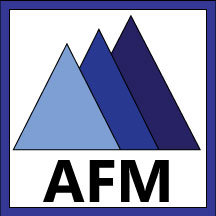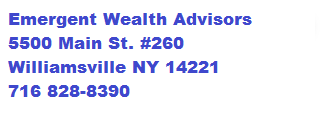


Investing Tip:
Currency Hedging
Hedge funds are big business in the investment industry. In fact I was surprised to learn that very wealthy investors (those with $10 million or more to invest) have more money in hedge funds than in straight common equities.
The whole idea of hedging can be an attractive one. Diversify into different types of investments, different currencies, and invest on the short as well as long side to protect yourself. Though it probably won't lead to a 50% gain in any one year, it can (in theory) help prevent a 50% loss.
That's all fine and good for the very wealthy, but what about the average Jane and Joe? Well there are ways to hedge that require very little money. Currency hedging is one of the easiest to do. Let's say you are concerned about the drop in the US dollar (or whatever your home currency is) and you want to protect yourself against a really big drop. Wealthy investor can go to a hedge fund, or invest directly in the currency markets.
Fortunately other investors can hedge too, by buying into a foreign bond mutual fund. You have to make sure the fund is 'unhedged' (ask the fund company if they hedge positions). You want to directly participate in the moves of the currencies in that fund. You'll earn some interest on the bonds, and also participate if the dollar declines versus the other currencies in the fund. Of course if the dollar increases in value, the fund will decline. But if the dollar is rising, yields on domestic bonds and probably stocks, will be on the rise offsetting those declines. Get a little, give a little. Hedging. T. Rowe Price, PIMCO and American Century among many others have unhedged foreign bond funds.
Donald Steinmann and Advanced Financial Management assume no responsibility for any actions taken due to comments made in The Investment Tip of The Week.

"A good decision is based on knowledge and not on numbers."
-- Plato